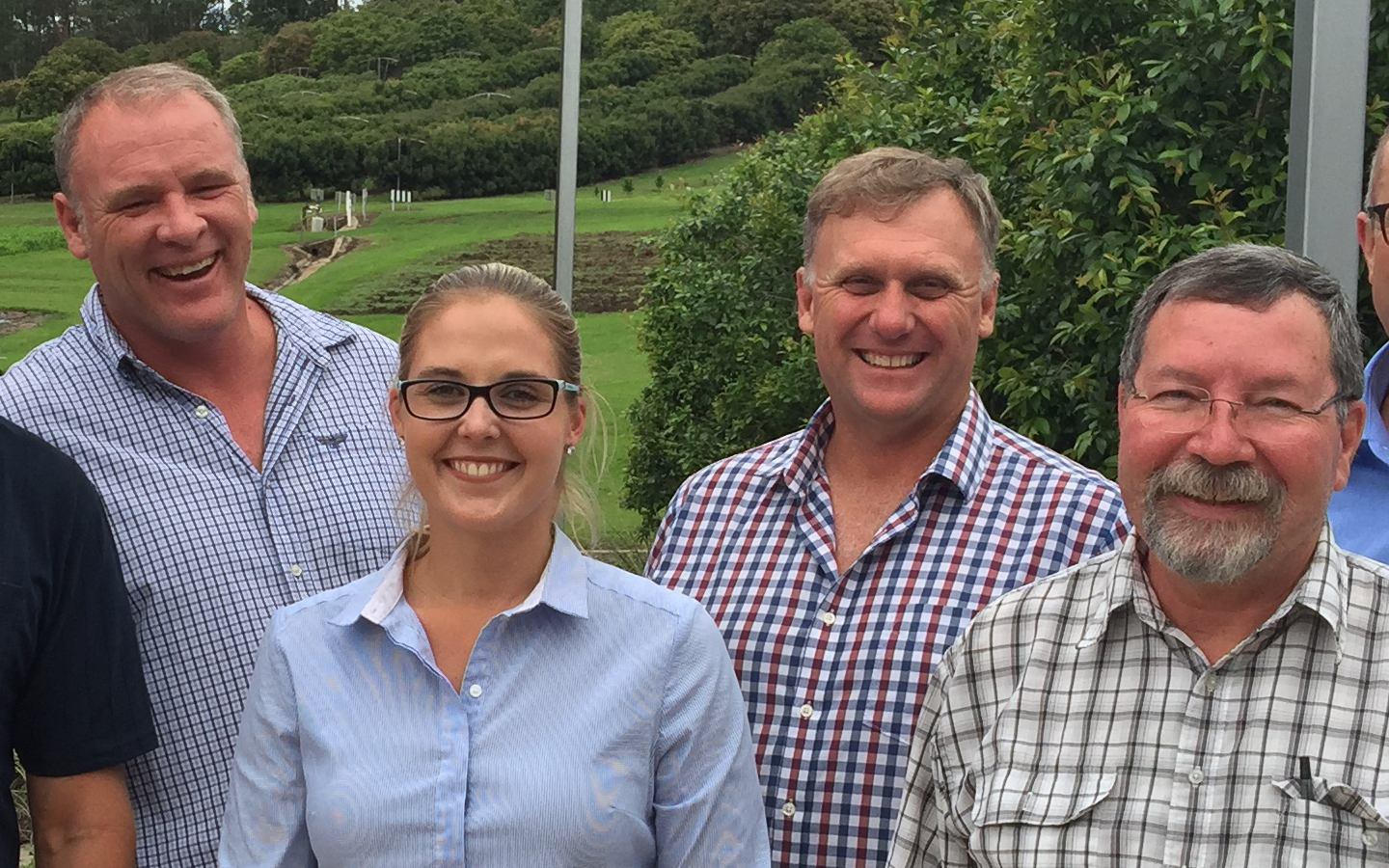On retiring from the Advisory Panel, both men say they are optimistic about what the future holds for an industry that has come full circle and is now flourishing as a levied industry despite drought, disease, and a global pandemic.
Dr Mike Smith’s decades of service to the ginger industry
In October 2020, Dr Mike Smith will retire from the AgriFutures Ginger Program Advisory Panel after six years. He’s also recently retired from working for the Department of Agriculture and Fisheries (Queensland) after 35 years, the majority of which has been focused on researching ginger.
Former Chair of the Ginger Advisory Panel, Nicole Christodoulou described Mike as a tremendous asset to the industry and his shoes are big ones to fill.
“His knowledge and understanding of ginger in Australia have been built over many years and while he will no longer have an official role in the Program he will still be a valued member of the industry and the AgriFutures Australia community,” said Nicole.
Dr Smith said his time on the Advisory Panel had been extremely rewarding.
“There are some real characters in this industry and we’ve certainly seen some ups and downs over the years. It’s been great to watch the ginger industry overcome a number of challenges and we’ve forged a good path to profitability and sustainability.”
Through his research Dr Smith helped to develop new tissue culture methods to provide ginger growers with clean seed, and helped develop biosecurity measures to combat a devastating soil borne disease Pythium Soft Rot, which brought the industry to its knees in the mid-2000s.
Also stepping down after two terms is Jason Keating
Jason Keating, Manager Agribusiness Development, Southern Region – Department of Agriculture and Fisheries (Queensland), served his first term on the Ginger Program Advisory Panel when the statutory RD&E levy was introduced in 2010. After a break he has served an additional two consecutive terms and stepped down in October 2020.
Advisory Panel Chair, Nicole Christodoulou said Mr Keating’s knowledge and experience had enabled the Advisory Panel to make industry focused recommendations taking the industry to the next level.

(Left to Right) Jason Keating, Nicole Christodoulou, Shane Templeton and Dr Mike Smith.









